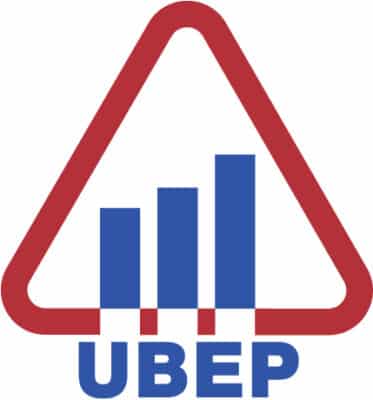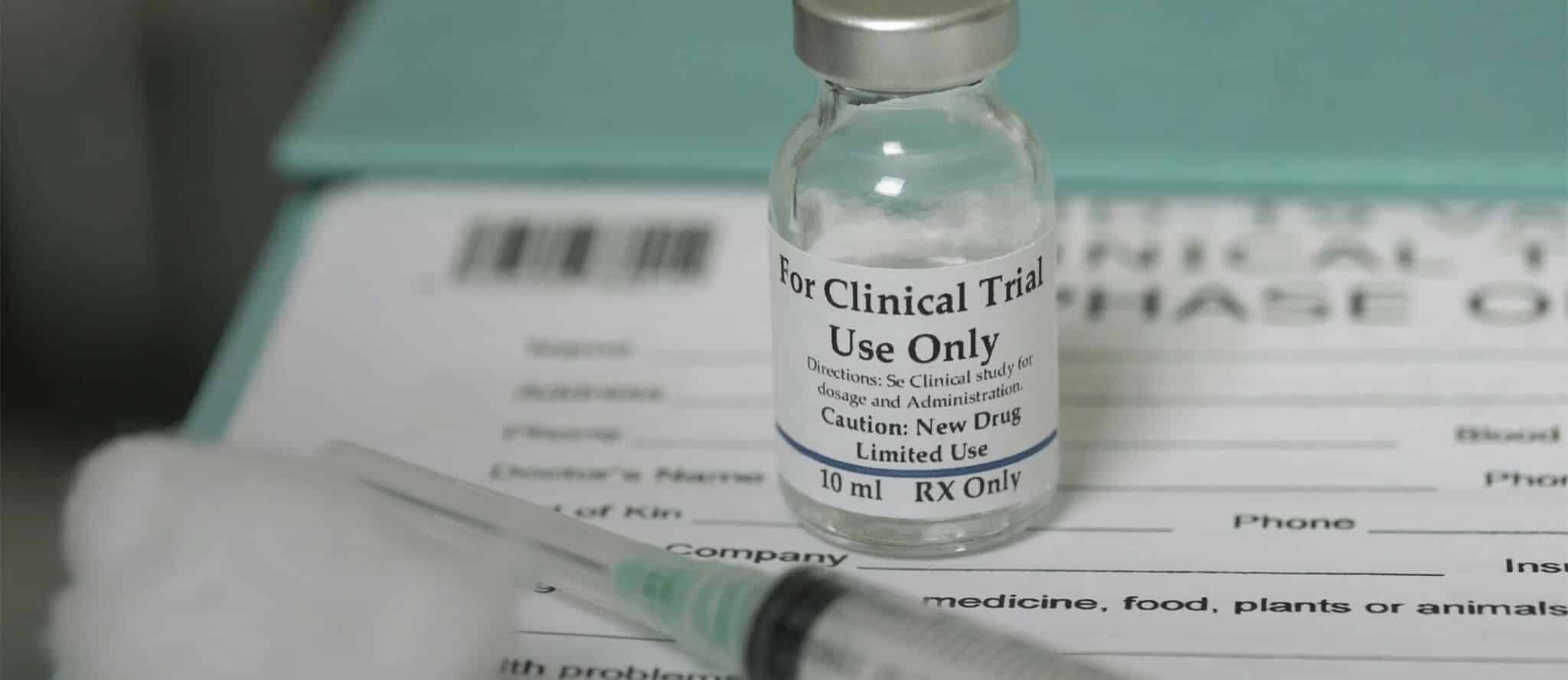

The Second-level short specialisation degree in Research Methodology and Clinical Experimentation prepares specialised professionals in order to conceptualise, design, and manage all phases of research and clinical trials of medicines for human use as well as devices, and to critically analyse the results.
The course provides advanced knowledge and skills in the field, in light of current regulations and the most recent scientific advances, from the drafting of the study protocol, including the definition of the statistical analysis plan, to the conduct and management of the study, up to the processing of the data for their presentation to a regulatory agency and/or a scientific publication.
The training activities of the Second-level short specialisation degree in Research Methodology and Clinical Experimentation develop the knowledge and skills for the application of the theoretical and practical tools necessary for the correct design, conduct and management of a clinical trial.
The course is developed through the acquisition of knowledge based on methodologies, but also on the design of the study protocol in all its phases, on the monitoring of the study, on the evaluation of the effectiveness and tolerability of the treatment and on the analysis of the results obtained with state-of-the-art techniques.
The Second-level short specialisation degree includes theoretical and practical activities and includes an internship period during which the student will have the opportunity to gain clinical research experience in the field by studying specific aspects addressed in class.
Thanks to a solid methodological and operational background, participants will be able to pursue careers in public and private health facilities (Health Authorities, Hospitals, Clinical Trial Centers), in clinical research support units (coordination and monitoring of studies), in Contract Research Organization (CRO) (from trial organization to data analysis), in the pharmaceutical and biotechnology industries (research and development of new drugs and devices) and with regulatory agencies and evaluation bodies (review and authorization of clinical trials).
The skills acquired will allow you to manage all phases of a clinical trial, from the drafting of the protocol to the evaluation of the efficacy and tolerability of the treatments, up to the communication of the results in the academic, industrial or institutional, both nationally and internationally.
The Second-level short specialisation degree in Research Methodology and Clinical Experimentation includes the following modules:
MODULE I: THE DESIGN OF A MEDICINAL PRODUCT AND A DEVICE
- Introduction to the design and development process of a drug and a medical device
MODULE II: CLINICAL RESEARCH METHODOLOGY
- Design and conduct of randomized clinical trials
- Design and conduct of observational studies
- Evaluation of scientific evidence
- Sample size
MODULE III: REGULATIONS AND BIOETHICS
- GDPR/GCP Regulations
- Ethics
MODULE IV: PLANNING AND ORGANISING AN EXPERIMENT
- Study protocol
- Data management
- Outcome assessment
- Data monitoring
- Pharmacovigilance
MODULE V: STATISTICS APPLIED TO CLINICAL RESEARCH
- Statistical analysis for a randomised clinical trial
- Statistical analysis for an observational study
- Advanced methods (Machine Learning Techniques) for designing, conducting, and analysing clinical studies: opportunities and applications
In compliance with the general criteria set out in the annex to Decree-law no. 1255 of 26/11/2021, unlike other Short specialisation degree’s courses in the Biostatistics Unit of the Department of Cardio-Thoracic-Vascular Sciences and Public Health, all the training, theoretical and practical activities will be carried out in person and including internships at participating institutions:
- Clinical Trial Centre – internship at a university or hospital clinical research centre involved in the management or conduct of clinical trials
- Clinical research support unit – internship at a clinical research unit or other clinical research support facility
- Hospital pharmacy or hospital analytical laboratory – internship in a hospital pharmacy or analytical laboratory involved in the management of clinical studies
- Clinical unit (inpatient or outpatient unit) – internship at a hospital operating unit (inpatient and/or outpatient unit) involved in the conduct of clinical studies
- Cros – internship at a contract research organisation
The general ranking of merit for the academic year 2025/26 will be published on the Italian page of this Second-level short specialisation degree according to the timing provided in the Call.
Information
FAQ
Yes, the percentage is 75%, including the internship or apprenticeship period.
The Second-level short specialisation degree takes place in person, in modernly equipped classrooms at the University of Padua.
At the end of each module, students will have to take an exam to test the skills acquired, and this will contribute to the overall grade.
The course will conclude with a final exam (oral), where diploma candidates will present their papers written with the support and guidance of a tutor during the apprenticeship or internship.
- There is no registration fee for students with disabilities, who have a disability with invalidity between 66% and 100% or with certification pursuant to law n.104, who will therefore only pay the pre-enrolment fee, the insurance and stamp duty
- PA110 with Honors: Public Administration employees who enroll in our master’s degree enjoy a discount of 330 euros on the contribution of the second installment
- There is the possibility of supernumerary enrolment for University staff in order to allow continuous and permanent updating. The enrolment fee for the technical and administrative staff of the University is parameterised to the minimum enrolment fee set out in art. 24, paragraph 1 of these Regulations, and is equal to 20% of the quota. In the event that the technical and administrative staff of the University is in possession of the requirements for admission to the Course, once the course is completed, he/she will be able to obtain the relevant Diploma or Certificate; If they do not meet the admission requirements, they may be admitted as an auditor and obtain a certificate of participation

